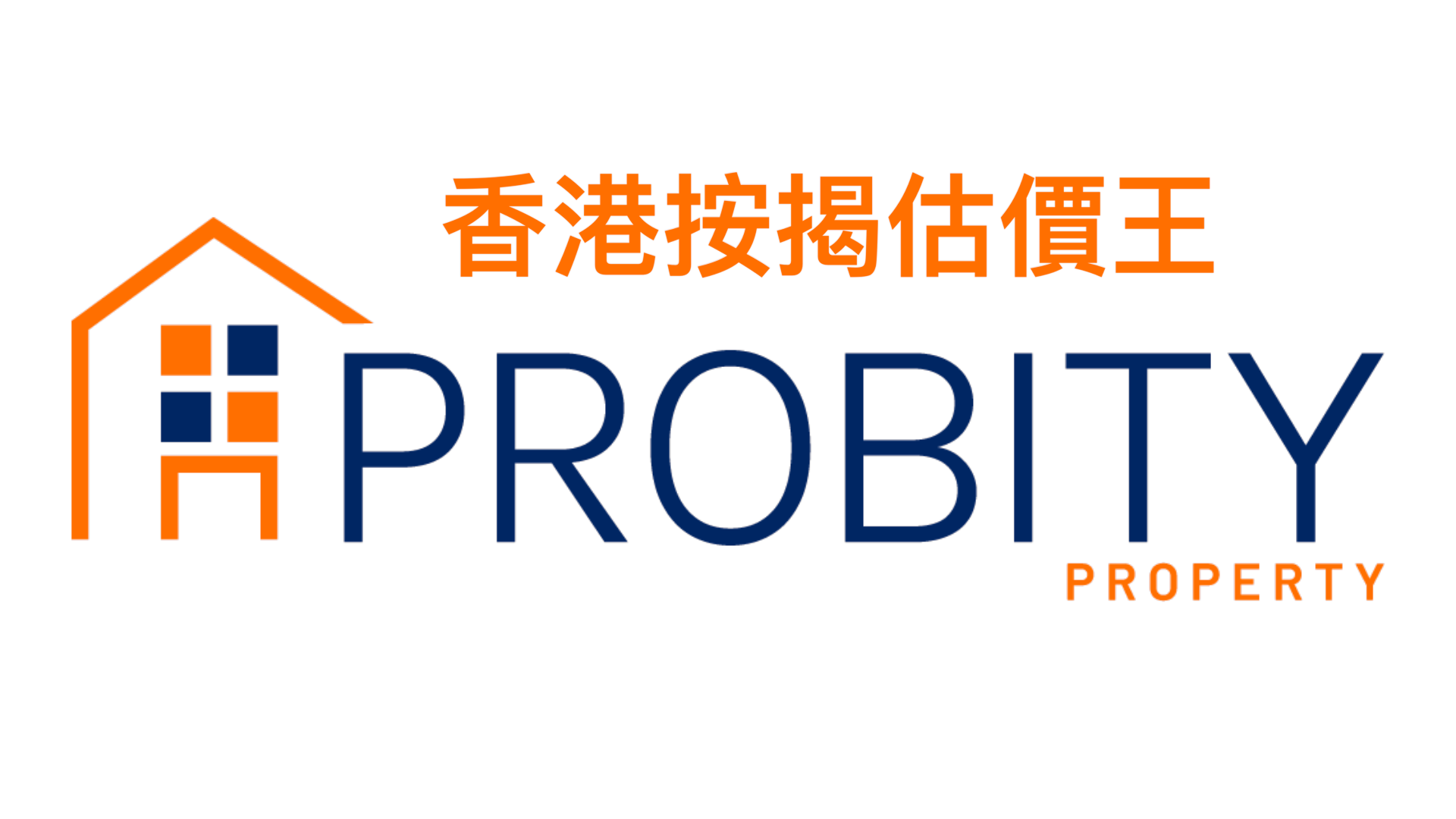Risks to consider when choosing a “second mortgage”: 5 key points for buyers to note

Risks to consider when choosing a "second mortgage": 5 key points for buyers to note
Vague approval criteria, higher mortgage rates, need for first mortgage approval, difficulty in refinancing, and notification to banks when taking out a second mortgage are all important considerations for buyers.
In the real estate market, buyers may consider taking out a high loan-to-value (LTV) mortgage to raise sufficient funds for the down payment. In Hong Kong, a type of high LTV mortgage known as a "second mortgage" allows buyers to borrow even more money. However, this type of mortgage also comes with certain risks that buyers need to carefully evaluate before making a decision.
Here are five key points for buyers to consider when contemplating a "second mortgage":
Vague approval criteria
Financial companies usually have more relaxed income requirements for approving a "second mortgage", but they also differ in the income proof required from applicants. Some may only require proof of "affordability," while others may require three months of income proof, and some may even require tax bills. In addition, financial companies also need to conduct stress tests for buyers based on the regulatory requirements of the Hong Kong Monetary Authority, which involve half of the income being used for mortgage payments and an additional 3 basis points of interest rate. For some new developments, a "quota system" is set up for high LTV mortgages, and buyers should be aware that even if they have high income, they may be denied a mortgage if the "quota" for that development has been used up.
Higher mortgage rates and shorter repayment period
Generally, the interest rate for a "second mortgage" is higher than that for a "first mortgage," and it also differs from "mortgage insurance." The "second mortgage" plans provided by developers usually adopt a gradual increase in interest rates. For the first two years, the rates are similar to those for "first mortgages," ranging from 2.5% to 2.75%. From the third year onwards, however, the rate increases substantially to 5% to 6%. In addition, the repayment period for a "second mortgage" is generally shorter, with most loans capped at 25 years, slightly shorter than the 30 years offered for "first mortgages."
Approval for a first mortgage is required
Even though financial companies are not subject to regulatory measures when approving "second mortgages," they still need approval from a "first mortgage" bank, which is subject to regulatory measures. Therefore, buyers who apply for high LTV "second mortgages" from developers also need to obtain approval from a "first mortgage" bank, which involves stress tests with an additional 3 basis points of interest rate. More importantly, when calculating the stress test, the bank will use the highest interest rate for the "second mortgage" and increase it by 3 basis points as the benchmark. After calculating the monthly mortgage payment, the bank will compare it to the buyer's income to see if it is lower than 60% (first-time buyers) or 50% (second-home buyers).
Difficulty in refinancing
Because the interest rate for a "second mortgage" increases in the later years, buyers need to refinance during the low interest period. However, due to the higher borrowing amount, it is more difficult to meet the refinancing threshold in the future. For example, if a buyer purchases a property worth HKD 8 million, pays a 20% down payment, and applies for a 60% "first mortgage" and a 20% "second mortgage" from a developer, the buyer will owe the bank HKD 6.085 million after two years. Unless the buyer applies for additional mortgage insurance, the property value needs to appreciate to HKD12.17 million before the loan can be refinanced with a traditional bank.
Notification to banks when taking out a second mortgage
Some buyers may apply for a "second mortgage" after purchasing a property, without notifying their "first mortgage" bank. However, since 2011, the Hong Kong Monetary Authority has required buyers to sign an authorization letter allowing banks to access the "Positive Credit Database" managed by the Credit Reference Agency. Since the first quarter of 2017, owners are also required to provide written consent to banks for any "second mortgage" or "memorandum of mortgage" registered with the Land Registry, which could trigger an electronic alert to the bank. Therefore, buyers may not be able to conceal their application for a "second mortgage."
In conclusion, while a "second mortgage" can provide buyers with more funding, it also comes with corresponding risks. Buyers should first evaluate their financial status and make a decision based on their actual needs and risk tolerance. If considering a "second mortgage," buyers should also fully understand the approval criteria, interest rate adjustments, and repayment period of the financial companies before choosing one. In addition, buyers should be aware of the need for approval for a "first mortgage," the difficulty in refinancing, and the notification to banks when taking out a "second mortgage." Only by fully understanding the risks can buyers make better financial decisions and avoid unnecessary losses.


